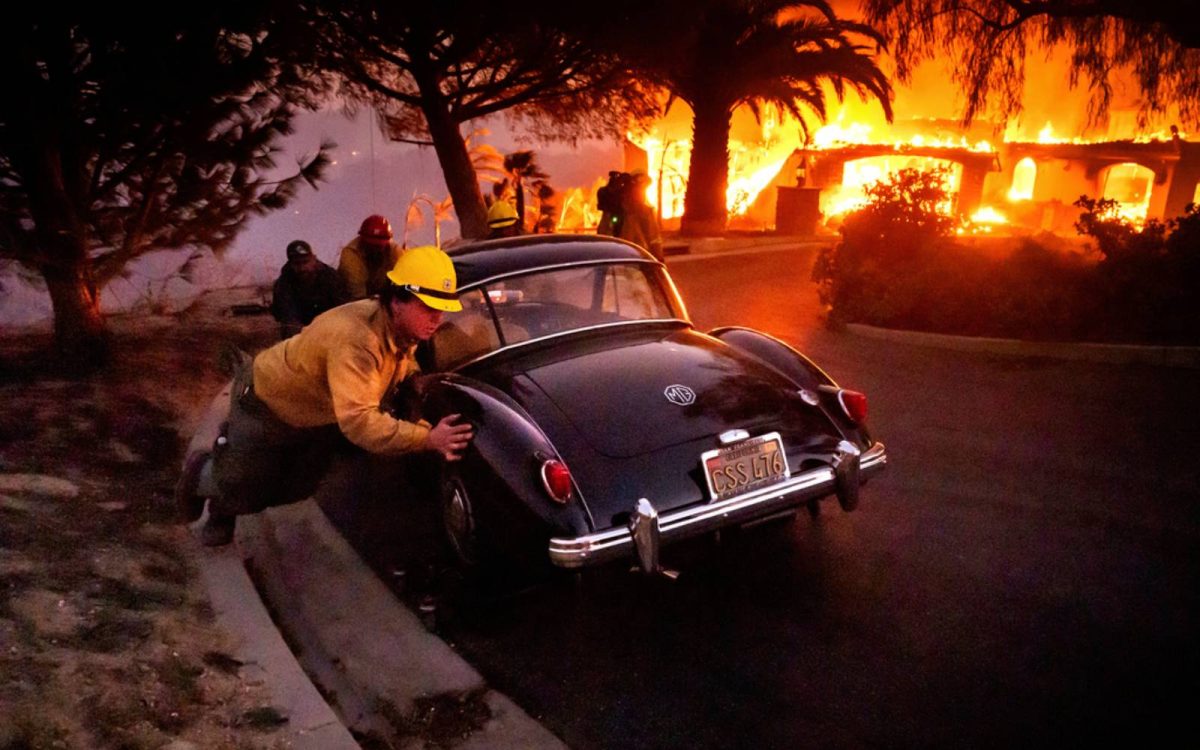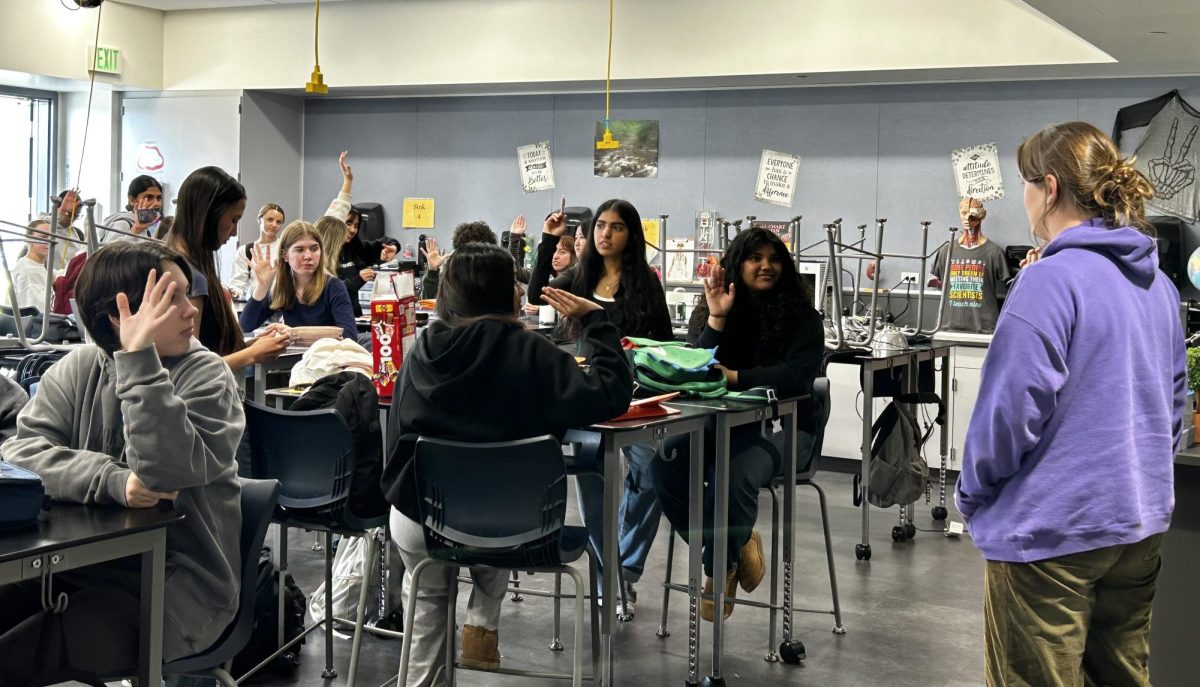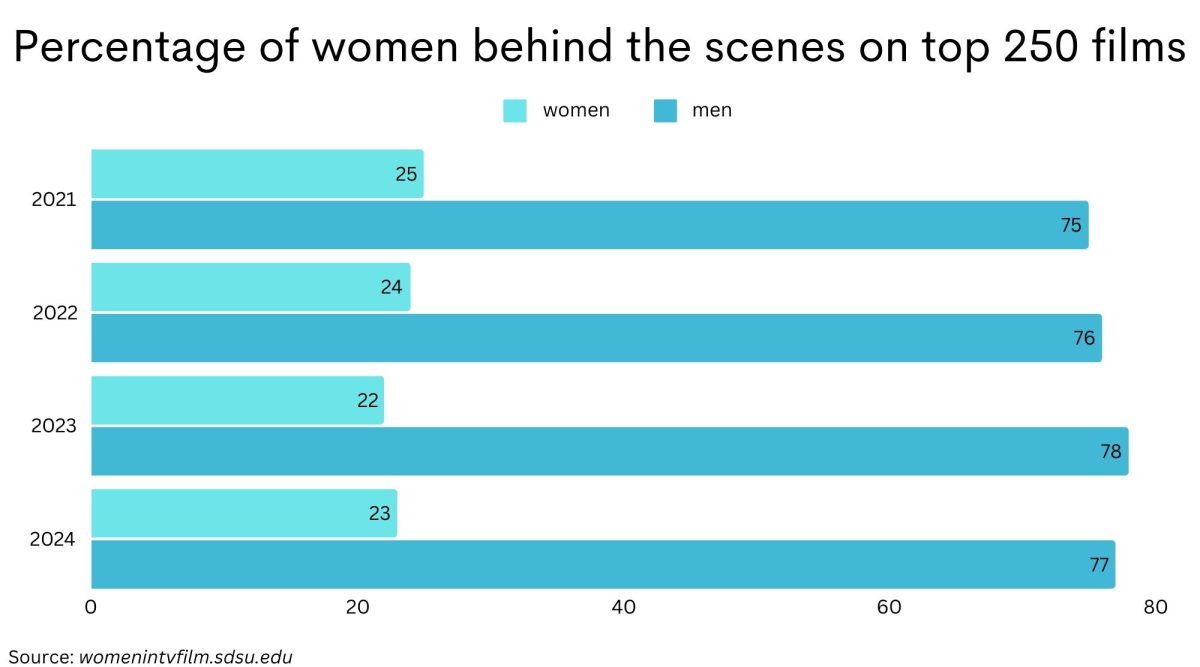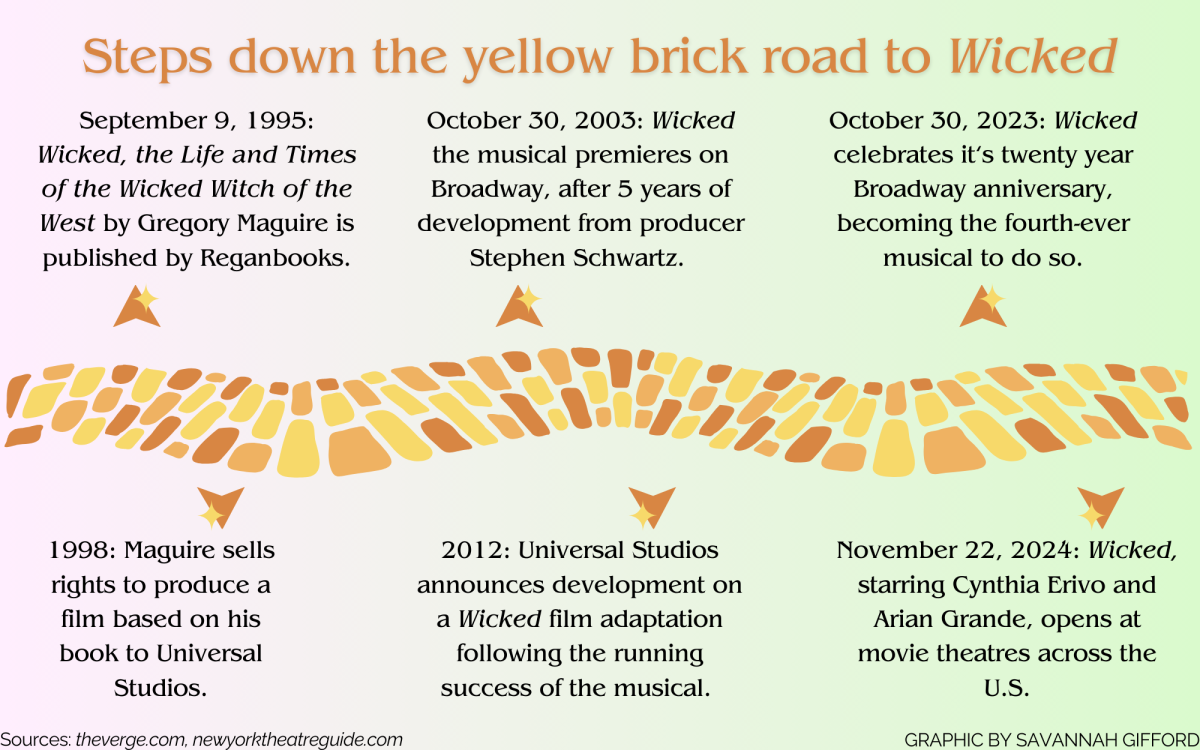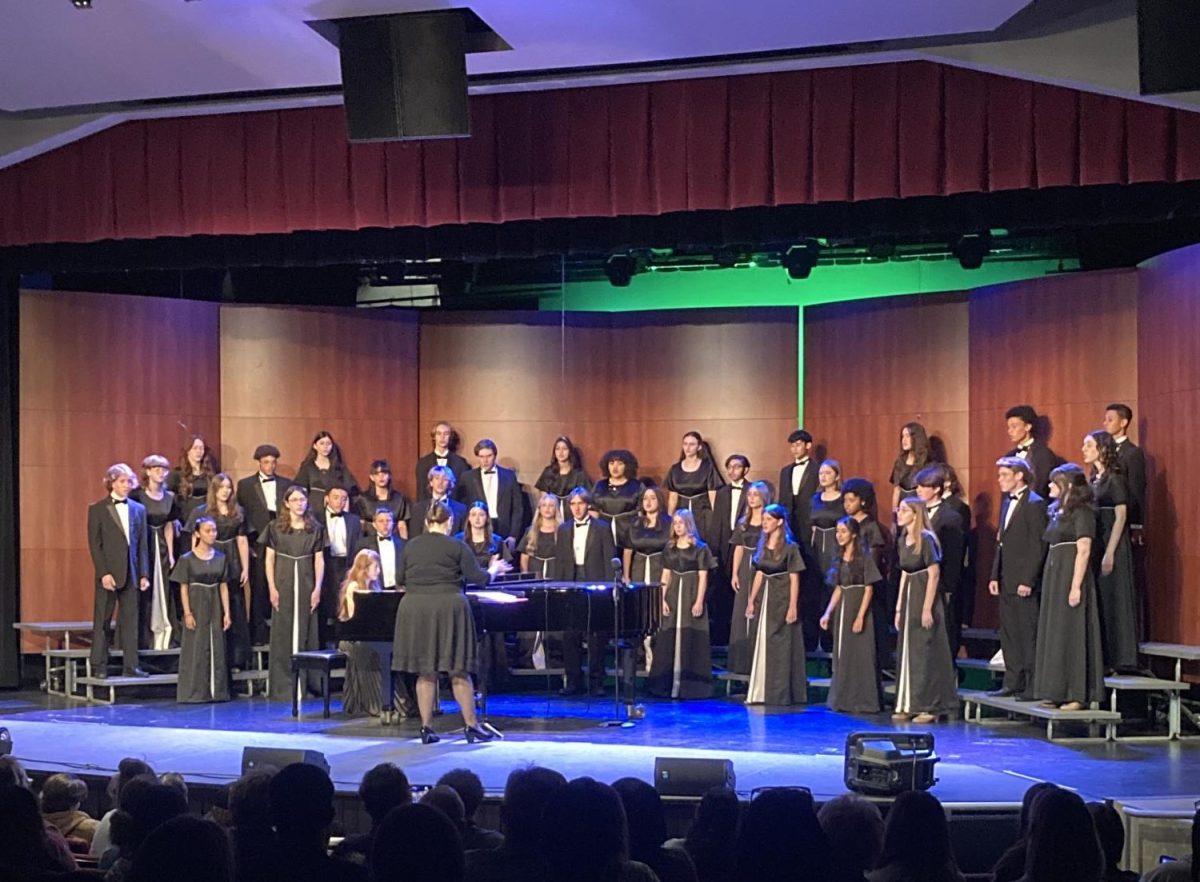Lo Yarnall ’18
*This review contains no spoilers outside of a summary of the general plot.
I had never heard of Call Me By Your Name until the Academy Awards on March 4. It immediately caught my attention because it focused on a gay romance, something usually atypical of Hollywood. My initial thought was that CMBYN would be a more artsy version of Love, Simon, another gay romance movie that goes through a teenager’s journey with coming out and falling in love.
Under Italian director Luca Guadagnino, the film is based off of the book written by Andre Aciman. It’s set in the mid 1980s and focuses on a 17-year-old boy, Elio, through the summer with his family in Italy. Elio’s father decides to get an American assistant, 24-year-old Oliver, to help with his archaeological profession. The movie follows the development of Oliver and Elio’s romantic relationship, most of which is kept secret.
Shot and filmed for the majority in Crema, Italy, the settings are absolutely stunning. From the family’s own rustic house to the lakes and streams Elio finds refuge in, every beautiful aspect of Italy was perfectly highlighted. Everything was green and luscious, with each apricot picked from the family’s tree by their small spring-pool and the casual bike rides to the cobblestone towns bringing with them the nostalgic feeling of contentment and relaxation.
Elio’s character was hard to understand initially. He’s a musical prodigy with a tendency to be alone, often choosing to stay at home reading or writing music rather than hang out with the local girls that constantly come by the house. When Oliver first arrives, Elio seems put off by his presence, thinking that he’s arrogant and disrespectful to the family’s customs.
As the movie progresses and Elio starts spending more time alone with Oliver, it’s clear that there’s sensual chemistry between the two, only intensified by their refusal to act on it until at least halfway into the film. While Elio is lusting after Oliver without any results, he distracts himself by engaging with one of the local girls who eventually becomes his girlfriend.
Oliver’s character was hard to like. He’s tall and extremely handsome, but his mannerisms and treatment of Elio made me resent him. Clearly the older and more educated one of the pair, he treats Elio like a child and taunts him with his sexual feelings towards Oliver numerous times, almost to a point where it seemed as if Oliver is taking advantage of Elio’s vulnerable young emotions. In my opinion, Oliver never shows true love towards Elio like Elio does towards Oliver.
The movie does a really great job with capturing the metamorphosis of the raw realness of love. Captured primarily from Elio’s perspective, the relationship starts off with Elio trying to decipher his feelings towards Oliver, which viewers can assume he’s never experienced before. Then comes the frustration of seemingly one-sided feelings, where Elio is clearly interested in Oliver and is trying to get his attention, yet Oliver constantly runs off for long days and nights and has a love interest with one of the local women.
Viewers let out a breath they didn’t even know they were holding when the two finally kiss after spending the day together, only to want to punch Oliver in the face for immediately discouraging their relationship and suddenly cutting Elio off. Once Oliver succumbs to Elio’s persisting and the two embark on a true secret relationship, everything is perfect. The rollercoaster of emotions that comes with love is perfectly translated to the audience.
CMBYN received three Golden Globe nominations this year for Best Motion Picture, Best Performance by an Actor in a Motion Picture and Best Performance by an Actor in a Supporting Role in a Motion Picture.
The film also received four nominations at the 2018 Academy Awards: Best Adapted Screenplay, Best Performance by an Actor in a Leading Role, Best Motion Picture of the Year, and Best Original Song. CMBYN won Best Adapted Screenplay, with James Ivory accepting the award.
Small disclaimer; CMBYN does contain a small amount of nudity and explicit content. Subtitles are necessary for the parts of the movie spoken in either French, German, Italian or Herbrew, which is about forty percent of the movie.


